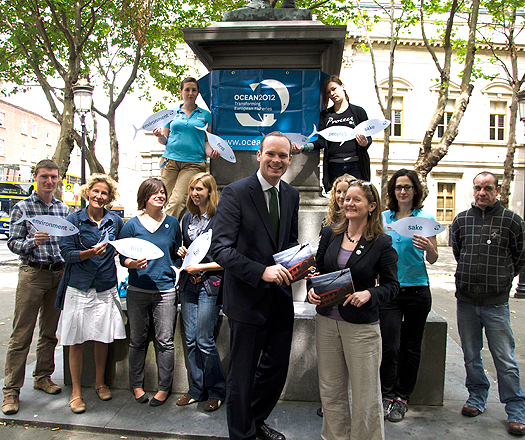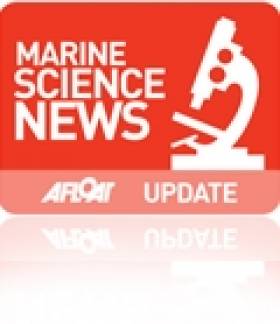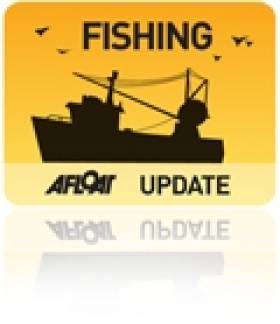Displaying items by tag: OCEAN2012
Minister Coveney And Irish MEPS Now Have Responsibility for Fixing Irish and EU Fisheries
"The Commission's proposal includes solid targets for the recovery of European fish stocks, including requiring that measures be taken in accordance with the best available scientific advice. This could bring an end to overfishing in EU waters and by its fleet internationally," said Uta Bellion, director of the Pew Environment Group's European Marine Programme and OCEAN2012 co-ordinator.
"However, the Commission's proposal falls short in the way it addresses overcapacity, which its own 2009 Green Paper identified as a key driver of overfishing. Instead of mandating a capacity reduction, it aims to decrease the EU fishing fleet by what amounts to the quasi-privatisation of EU fish resources. This type of approach has a mixed track record in other countries and would fail to provide compensation to the public for the loss of communal fishery resources or to reward those who fish in the most environmentally and socially responsible way," Bellion continued.

"In the face of concerted short-term economic interest successive Irish fisheries ministers have failed to manage fish resources since the CFP was established more than 30 years ago. Minister Coveney and Irish MEPs must work to end this trend and take the lead in delivering responsible and sustainable fisheries for Ireland and Europe," said Mike Walker, OCEAN2012 co-ordinator. "In the past few weeks Minister Coveney has shown leadership in stressing the need for responsible management of the valuable mackerel fishery, Ireland's marine environment and fisheries dependent coastal communities need him to show the same determination in the reform of the CFP."
1.OCEAN2012 is an alliance of organisations dedicated to transforming European fisheries policy to stop overfishing, end destructive fishing practices and deliver fair and equitable use of healthy fish stocks. OCEAN2012 was initiated, and is coordinated, by the Pew Environment Group, the conservation arm of The Pew Charitable Trusts, a nongovernmental organisation working to end overfishing in the world´s oceans.
The steering group of OCEAN2012 consists of the Coalition for Fair Fisheries Arrangements, Ecologistas en Acción, the Fisheries Secretariat, nef (new economics foundation), the Pew Environment Group and Seas At Risk.
2. OCEAN2012 Ireland members are An Taisce, BirdWatch Ireland, Coastwatch, Dingle Oceanworld, Donegal Island Fishermen, Galway Atlantaquaria, Irish Bass, Irish Kayak Angling Club, the Irish Seal Sanctuary, Irish Wildlife Trust, National Sea Life Centre Bray, Scubadive West, Smart Taxes and Vincent Hyland Learning.
3. OCEAN2012 would like the CFP to:
- Restore and maintain fish stocks above levels capable of producing maximum sustainable yield by 2015, in line with the Johannesburg agreement of 2002.
- Give those who fish in the most environmentally and socially sustainable way preferential access to fish resources.
- End environmentally harmful subsidies and allocate public funds only to activities that contribute to public goods and services.
4. OCEAN2012's vision for reform of the CFP can be found at www.OCEAN2012.eu
Back to the Future for European Fish Week
World Oceans Day on 8 June will see the launch European Fish Week 2011 at Trinity College's Long Room Hub.
The evening will comprise an exhibition and brief talk on this year's theme of 'Back to the Future' - reclaiming the past richness of Ireland's seas and fishing communities.
"By reminding ourselves of how living with the sea used to be, we can better understand the present extent of overfishing and how we can play a part in ending it through an effective reform of the Common Fisheries Policy," according to organisers OCEAN2012.
The event, which will also feature music and a reception, begins at 6pm on 8 June at the Long Room Hub in Trinity College, Dublin 2. Those wishing to attend should RSVP to [email protected] by 3 June.
Further events will be taking place throughout Europe from 4-12 June. For more information visit ocean2012.eu.

























































